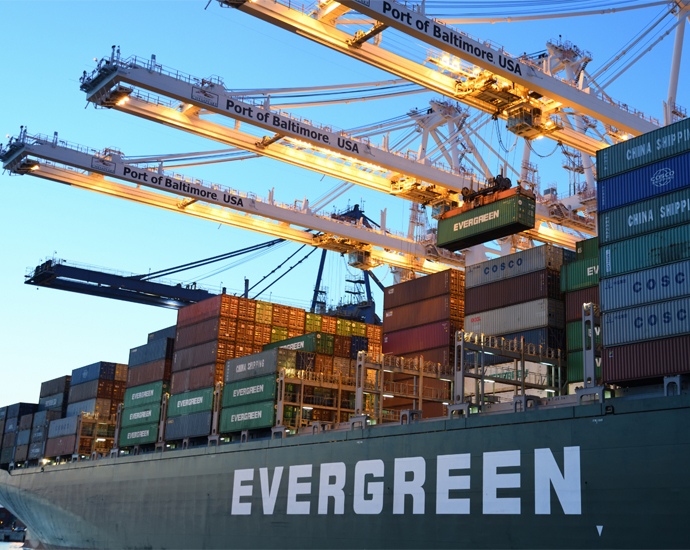1PL, 2PL, 3L, 4PL Concepts
← Back
In the logistics sector, new systems have emerged with the change in the supply-demand balance and the increase in needs. At the point where first party and second party logistics services were not sufficient, third party and fourth party services started to be offered. So, what are the details of these party concepts?
What are the Concepts of 1PL, 2PL, 3PL and 4PL?
In the logistics sector, new systems have emerged with the change in the supply-demand balance and the increase in needs. At the point where first party and second party logistics services were not sufficient, third party and fourth party services started to be offered. So, what are the details of these party concepts?
What is first-party logistics (1PL)?
1PL is the party receiving the logistics service. Logistics activities carried out by the manufacturer, sender or retailer by their own means. Companies that distribute with their own truck fleet or store using their own personnel perform 1st party logistics. Although this system is sufficient when the opportunities and competition are low, it can force both the sender and the receiver for a large-scale business.
What is second party logistics (2PL)?
It refers to companies that are direct customers of the sending companies defined as the first party. It has its own assets, such as asset-based, investment-based, truck fleet, warehouse locations, warehouses. With these assets, they provide traditional transportation and warehousing services. These companies do business with 1st party companies. However, the growth and diversification of logistics over time has made it difficult for businesses to manage their activities. Even though the existence of intermediary companies for storage and transportation with 2PL has emerged, it cannot meet the needs of large companies with traditional transportation services.
What is third party logistics (3PL)?
Later, third party logistics emerged and process management for the needs of companies began to be provided. Third-party logistics is when the company's material management or product distribution is partially or wholly delegated to another company. These companies can be intermediary companies as well as providing the service themselves. Some services are offered by 3PL service providers. In general, these services can be listed as follows:
» Packaging of products and proper distribution,
» Freight,
» Realization of product transfer,
» Cross stacking services,
» Inventory management and storage.
What is fourth party logistics (4PL)?
The concept of fourth-party logistics began to be seen after the 1990s, with the inadequacy of third-party logistics companies. Companies that offer 4PL services provide comprehensive supply chain management services. This comprehensive process is the most advanced system of outsourcing in logistics today.
Fourth-party logistics provides a single source management of the entire complex logistics process, from the production stage of the products to the moment they reach the consumer. In 4PL, the party; They are companies that do not only act as an intermediary or provide service, but also produce solutions, coordinate more than one 3PL company in an organization, and provide information flow.
What are the differences between third-party logistics and fourth-party logistics?
Companies that provide third-party logistics services generally do not suffice for complex logistics systems, as they focus on operational processes such as transportation and warehousing. As a result of this, 4PL companies started to emerge at the point where 3PL companies were not sufficient.
In general, 4PL services can be expressed as the coordination of 3PL services. At this point, companies providing 4PL services are also responsible for supervising and coordinating all transactions performed by 3PL companies. So, what are the differences between these two party logistics? These differences can be itemized as follows;
» While 4PL functions at the level of optimization and integration; 3PL focuses more on day-to-day operations.
» 4PL, unlike a 3PL, is a strategic provider focused on providing the highest level of service to achieve the best value.
» While 3PL provides support in the operation of a single function, 4PL plays an active role in the entire process of logistics.
» 3PL provides control for transportation and storage. However, 4PL also tries to keep the control at the highest level with consultancy and process management.

 HONEST
HONEST Eğitim Portalı
Eğitim Portalı Müşteri Portalı
Müşteri Portalı Bize Ulaşın
Bize Ulaşın